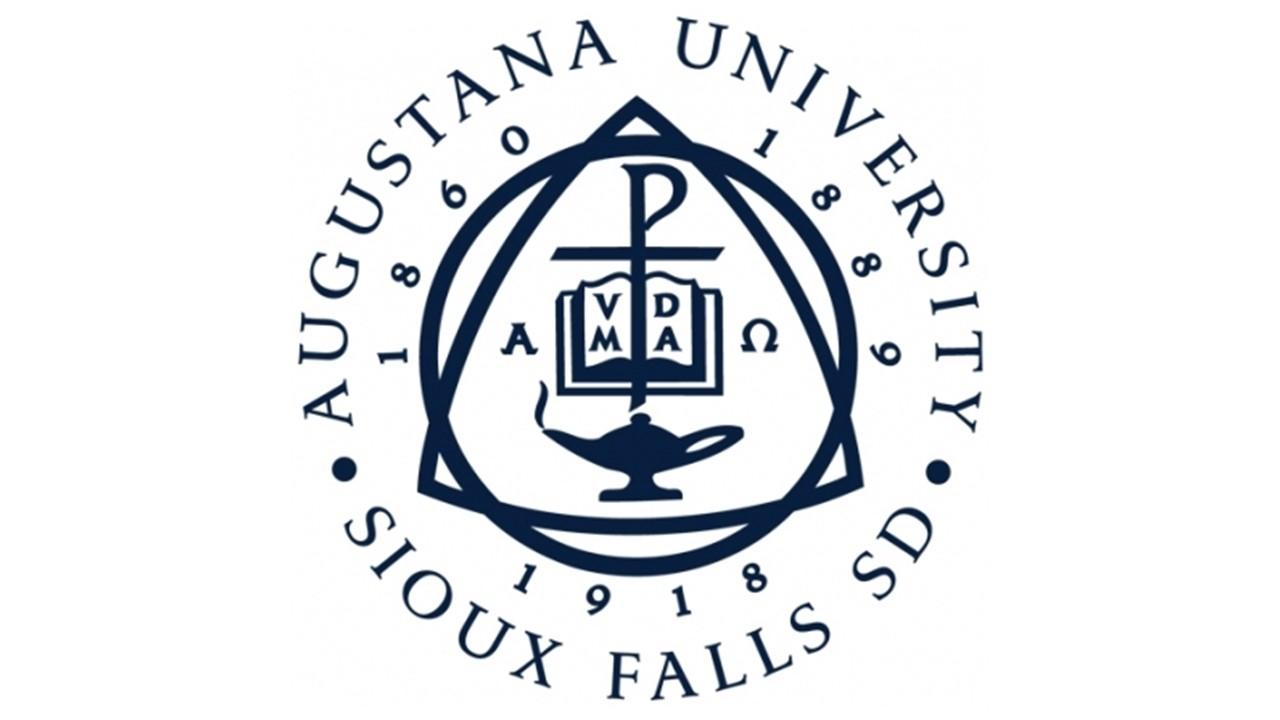Augustana University is among 25 Council of Independent Colleges (CIC) member institutions selected to participate in the inaugural cohort of Humanities Research for the Public Good, an initiative to promote student research at private colleges and universities, address issues of public significance, and showcase the rich archival, library, and museum collections held by participating institutions. Participants were selected through a highly competitive application process, with nearly four applications for every available spot in the program. Each college will partner with a community-based organization to engage members of the public on a topic of local importance.

In the News: Augustana University Partners with Flandreau Indian School for Archival Re-Presentations
The Great Plains geographic region, which includes South Dakota, is an area that was occupied by Native Americans long before American settlers. Currently, the state of South Dakota is home to nine federally and state-recognized tribes. While Native Americans are an important part of the state (and nation’s) history, the visible experiences of what they endured are largely absent in academic institutions, including archival museums. This absence reflects the cultural and historical shortcomings of our nation’s ongoing relationship with Native Americans that continues to challenge quality of life and outcomes for Natives across. In an effort to create awareness surrounding the positive multi-faceted and enduring disparities, Augustana faculty involved in the CIC-funded project believe that acknowledging cultural recognition and reflexivity or circular relationships, can be a means of serving the public good.
An overriding principle of this undertaking pertains to the fact that cultural recognition and reflexivity rest firmly within Native American ownership. Hence, the Augustana project — led by Dr. Carolyn Ly-Donovan, sociology department; Dr. Anna Reich, art department; and Liz Cisar, Center for Western Studies collections assistant — aims to publicize and address these issues by facilitating increased awareness among students at Augustana and Native American high school students from Flandreau Indian School in South Dakota, one of four remaining federally-supported and governed boarding schools serving Native Americans in the United States. The Augustana initiative makes archival data available to undergraduate researchers and Flandreau Indian School students who can learn to transform the data through an interdisciplinary approach involving art and sociology. The results and artifacts will be displayed in an exhibit at the Washington Pavilion in Sioux Falls. This will enable the public to see and discuss “re-presented” history as understood by Native American students combined with the analysis of Augustana’s undergraduate students’ interpretation of early colonization; in this way, the archives will help to fill in the historical absences of Native Americans through a new presentation of history.
When announcing the initiative, CIC President Richard Ekman stated, “Independent colleges are stronger when they share their resources with their communities—and so are their communities. Those resources often include significant archival or library collections that can illuminate issues of real public importance. The institutions selected for the initiative — including Augustana University — will have much to share with their communities.”
This initiative is directed by Anne M. Valk, associate director for public humanities and lecturer in history at Williams College. After reviewing applications for the initiative, Valk remarked, “I was impressed by the good work that faculty and staff members are already doing to support community engagement and humanities research. So many independent colleges are committed to public-facing scholarship and exploring the hidden potential of their collections.”
CIC will host an opening workshop for participants in Washington, DC, on June 26–28, 2019. Augustana University will be represented by a team consisting of Dr. Carolyn Ly-Donovan, sociology department; Dr. Anna Reich, art department; Liz Cisar, Center for Western Studies; and Dr. Colin Irvine, senior vice president of academic affairs and Dean of the university. Participants will review successful public humanities initiatives and discuss best practices in project management, working with community partners, developing humanities programs for public audiences, and project evaluation. The keynote speaker at the workshop will be award-winning historian Edward Ayers, Tucker-Boatwright Professor of the Humanities and president emeritus of the University of Richmond. A closing workshop in spring 2020 will include students and highlight the results of the funded projects.
Humanities Research for the Public Good is generously supported by the Andrew W. Mellon Foundation. A second cohort of colleges and universities will be selected in 2020. For more information, visit www.cic.edu/programs/Public-Humanities.
Participating Institutions, 2019–20
- Alaska Pacific University (Alaska)
- Augustana University (South Dakota)
- Berry College (Georgia)
- Bethany College (Kansas)
- Butler University (Indiana)
- Champlain College (Vermont)
- Connecticut College (Connecticut)
- Daemen College (New York)
- Fisk University (Tennessee)
- Franklin College (Indiana)
- Gustavus Adolphus College (Minnesota)
- Hollins University (Virginia)
- Lewis & Clark College (Oregon)
- Mars Hill University (North Carolina)
- Messiah College (Pennsylvania)
- Oberlin College (Ohio)
- Reinhardt University (Georgia)
- Rust College (Mississippi)
- Saint Mary’s College (Indiana)
- Simmons University (Massachusetts)
- St. Mary’s University (Texas)
- Stevenson University (Maryland)
- University of Denver (Colorado)
- University of Findlay (Ohio)
- Wofford College (South Carolina)
About the Council of Independent Colleges
The Council of Independent Colleges (CIC) is an association of 767 nonprofit independent colleges and universities, state-based councils of independent colleges, and other higher education affiliates, that works to support college and university leadership, advance institutional excellence, and enhance public understanding of independent higher education’s contributions to society. CIC is the major national organization that focuses on services to leaders of independent colleges and universities and state-based councils. CIC offers conferences, seminars, publications, and other programs and services that help institutions improve educational quality, administrative and financial performance, student outcomes, and institutional visibility. It conducts the largest annual conferences of college and university presidents and of chief academic officers in the United States. Founded in 1956, CIC is headquartered at One Dupont Circle in Washington, DC. For more information, visit www.cic.edu.
